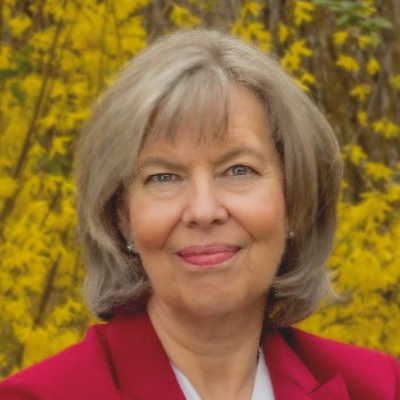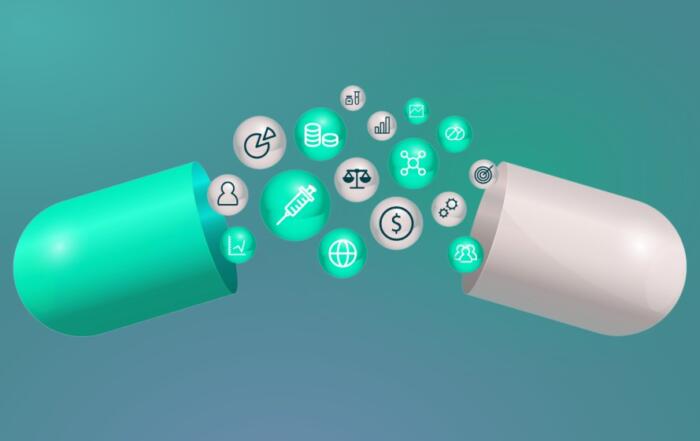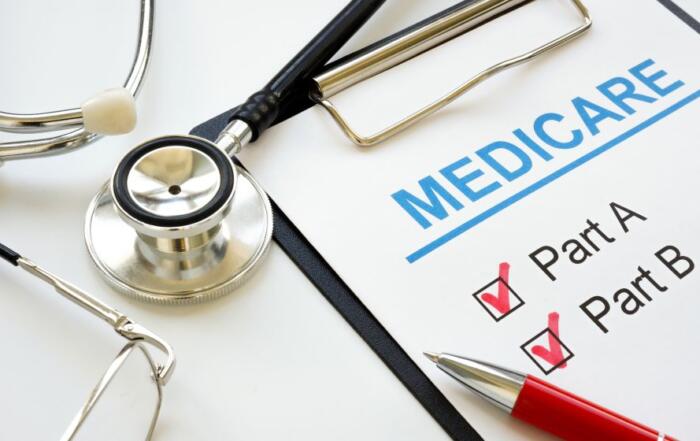In this webinar, Earlene Biggs, MA, shares market research of the best practices and preferences for sharing information with healthcare decision-makers, which is validated by payer experts Gary Owens, MD, and Renee Fleming, RPh, MBA.
Highlights
- How US health care decision makers seek out new information
- Ideal formats for information sharing
- Preferred types of information and the role of stakeholders in decision-making
Webinar Summary
Earlene begins with a brief overview of results from a survey which asked health care decision-makers their ideal formats for seeking and sharing information, as well as the types of information they prefer receiving. Much like the rest of the population, most payers and institutional providers prefer using the internet to learn about various products and services (e.g., vaccinations, treatment plans, and diagnoses). Despite the shift to online services during the pandemic, many institutional customers still utilize direct mailing services to gain information, and prefer more traditional means of content.
There has been a remarkable increase in the desire for on-demand digital content like podcasts and webinars, as they are easily shareable and accessible on many devices. In coincidence with this shift toward on-demand content, the preferred sources of information for health care decision-makers are also changing. While manufacturer websites, print journals, and professional webinars are still favored by many, those in more patient-focused roles also increasingly use virtual voice assistants to gain information.
Earlene also notes that the timing for meeting with representatives has not changed much since the pandemic, with most surveyed individuals preferring to meet every three to six months. However, the desired meeting frequency increases six months before and after a new product launch. It is clear that health care decision-makers favor a multidisciplinary approach when receiving information.
“The expectation and the need within our health care decision-makers for a broader range of input is growing, and they’re looking for that multidisciplinary approach.”
Earlene next discusses the types of formats that are most ideal for sharing information with health care decision-makers. An increasing preference for digital formats was noted within the survey, with websites, digital presentations, and videos being highly useful for pharmaceutical representatives. Despite this, leave-behinds such as business cards or note pads continue to be highly valued and frequently used promotional materials. While most institutional providers and payers primarily use work laptops to search for information, they also increasingly use their smartphones and tablets to access information, further highlighting the need for readily-accessible, on-demand information. Earlene also notes that decision-makers are requesting patient quality of life data more frequently, as well as health equity data.
To conclude this webinar, Earlene highlights a few main areas in which stakeholder engagement can be improved. For example, understanding stakeholder preferences and policies for both virtual and in-person engagements can be an invaluable asset for those seeking to improve engagement. Additionally, facilitating meaningful and impactful digital communication can improve a responsive user’s experience and hopefully result in additional communications. Lastly, implementing search engine optimization and marketing strategies is incredibly important as health care decision-makers move their communications online.
Resources
Q&A
- If resources are limited, what is the one thing that could be done to improve engagement?
- What is the value of leave-behind information?
To retrieve a PDF copy of the presentation, click on the link below the slide player. From this page, click on the “Download” link to retrieve the file.
Presenters
Divisional Principal
Market Access
ICON
VP
Pricing, Market Access and Reimbursement
ICON
Senior VP
Pricing, Market Access and Reimbursement
ICON










